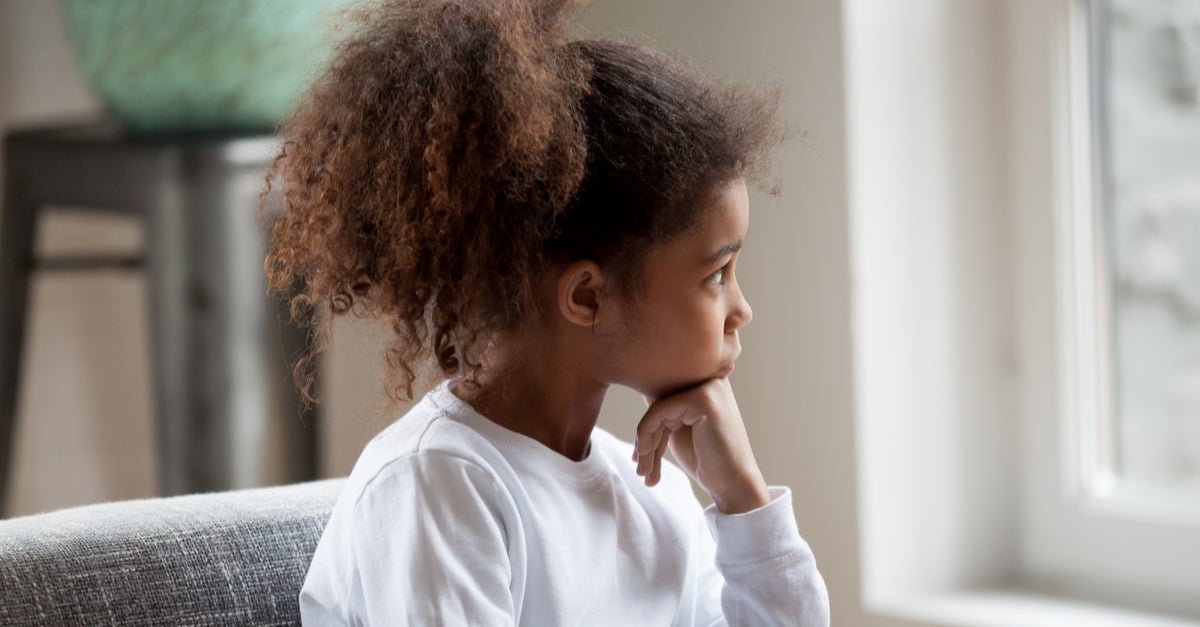The COVID-19 pandemic has ushered in an uncertain and stressful period that impacts not only our physical, but also our psychological and emotional wellbeing. Although the world is better prepared to deal with disaster, the area that is still lacking is gender differential and also guidelines to take care of our emotional well-being. Most of the advice from officials on the pandemic focus mainly on general sanitation, with very little on the emotional impacts, especially on children, as well as the different needs of women, men and elders. Even though my children are young adults I have been in constant conversation with them over the last several days.
While having children out of school and many parents working from home may allow for more quality time with family, it can also increase stress. In trying to sooth the fears of children, many conscious parents tend to forget that it is not enough to say to children “you are safe” or “I will take care of you”. It is not enough to show them cabinets full of food and give them a tablet to entertain themselves. Children are very sensitive and need to be able to make sense of the conflicting information receive.
I recommend that parents start with the premise that your child or children are potentially emotionally traumatised. My twelve year old grandniece confided that she was scared of dying or of her parents dying. Each child is different and will respond differently depending on age, gender and innate personality, but as they witness the frenzy or hear snippets of news and try to make sense of it all, they will handle this crisis more effectively if they are given space and time to process their new lifestyle.
Conscious parents have to be mindful of warning signs of stress in children. One of the most common forms of coping in children is to block the noise, so don’t shout at or reprimand your child if you are calling them and they are not responding. This is their way of coping.
Parents need to be mindful too that when they are under a lot of stress their patience may run thin. When my children were young and I was a single parent, I found it necessary to institute time out for everyone. Time out allowed me to gather my own thoughts and offer my children an opportunity to be quiet and meditate and be thankful for all they have. Here are some tips to encourage mindfulness:
- Maintain a routine. Children need free time, but most thrive on routine so set work time, quiet time and bed time in the house.
- Require that children take regular breaks from school work or playing games or working on tablets every 50 minutes to rest and focus their eyes and minds.
- Stipulate that your child go outside and get fresh air and sunlight.
- Plan exercise time, which is important so jump rope, hula hoop; kick footballs and ride bicycles. This might even be the time to learn to climb a trees which teaches good coordinating skills. Reading to each other is a good activity, have them paint or draw, and play board games.
- Nature is a respite. This is an opportunity to teach children to honour and respect nature and to pay keener attention to it . Teach children the names of trees, plants and flowers. Spend time with them inspecting the patterns and colours of the Bougainvillea, the Ixora, the Hibiscus, the delicate bloom of the Poui and the crinoline shaped, soft pink flowering cedar trees, and the almond trees, leaves turning red, falling and carpeting the ground.
- Provide time for your children to express how they feel without censorship. If your child says they are afraid, do not discount their feelings by saying, “You have nothing to be afraid of.” Honour and acknowledge their feelings: “I hear that you are afraid, and I am doing everything I can to protect you and ensure that you are safe.”
- Prepare your child, if you should become ill, the symptoms to look for, who to call and what to do. Do not leave anything to chance. The more prepared you are, the better prepared your child will be.
- Engage in religious or spiritual practice – whatever your religious or spiritual practise, now is the time to make this part of your daily routine with your child. Institute a time for reflection and expressing gratitude.
- Provide daily opportunity for children to express how they feel — mental wellness is key. Their feelings might change from day-to-day. Do not interruption them when they are explaining how they are feeling or put your words into their mouths.
- Be conscious of children overeating; don’t pacify children with sweets and ice-cream. Maintain a healthy diet of fruit, protein and starch.
I invite parents to take this time as an opportunity to talk openly with your child and allow children to share their feelings in an open and safe manner. Listen keenly without judgment. Observe your children for signs of stress or anxiety, lack of appetite, over-eating, or extremely quiet, bed-wetting. Also, remember that you don’t have to appear invincible. Research suggests it helps when parents say, “I’m a little scared too, but I have taken all the precautions to ensure our safety.
Finally this is a great time for storytelling and helping children to develop their imagination.
Play a cure game – have children think of ways to cure for the COVID 19. This will empower them to feel as if they have a stake in the welfare of their society and the world. And despite the call to refrain from personal contact, your children will need to be physically comforted and hugged.
For more of our podcasts, click here.


Leave a Reply